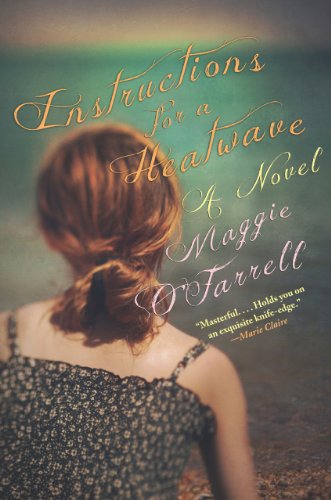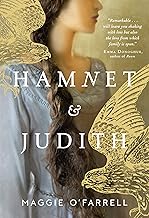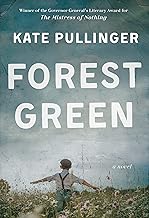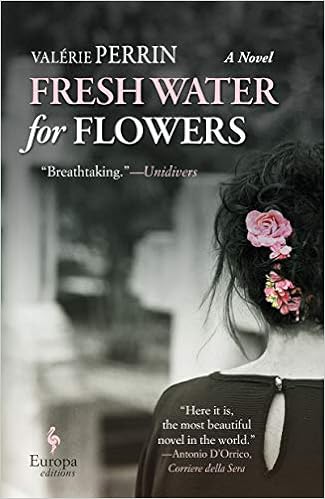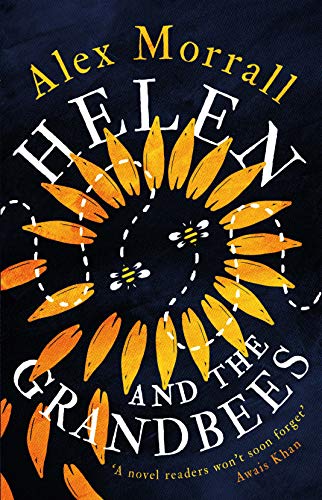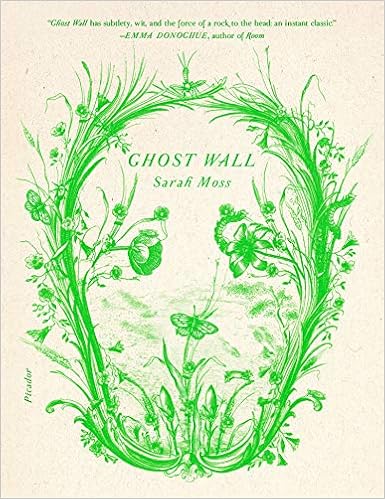4 Stars
In the summer of 1976, England is in the middle of a heatwave that has resulted in drought and water restrictions. Robert Riordan, recently retired, goes out to buy a newspaper and doesn’t return. Gretta, his wife, contacts their three adult children who return to their childhood home. As they try to support their mother and figure out where their father went, they revisit and air resentments and grievances, and reveal secrets.It is not only Robert that needs to be found. Each of the siblings needs to find him/herself. Michael Francis, the only son, works unhappily as a teacher while his marriage seems to be disintegrating. Monica, who has never wanted children, is married to an older man with two difficult daughters. Aoife, living in New York, struggles as a photographer’s assistant because she is dyslexic, though she has managed to hide her illiteracy from everyone. Monica and Aoife have not spoken in years because of a misunderstanding.
What I found unsettling is the lack of urgency over Robert’s disappearance. No one ever expresses real fear at his vanishing. Wouldn’t someone worry that he was in danger, especially because he has always been so dependable and his behaviour so predictable? His disappearance is obviously a catalyst for the unplanned family reunion and once all are together, their relationships take precedence and what has happened to Robert becomes a secondary concern.
It occurred to me that Robert may have just wanted a reprieve from Gretta. She is loud and voluble and a drama queen. A hypochondriac and devoutly religious, she is difficult and demanding. For the quiet Robert, living with her must not have been easy. It turns out, however, that Robert has a lot of secrets which his family slowly uncover.
O’Farrell excels at characterization. Each family member is complicated and flawed, in other words, very realistic. Each is haunted by his/her upbringing and deserving of empathy; at the same time, the reader will often be frustrated by their behaviour. Once reunited, they fall back into old patterns of bickering rather than communicating.
The use of the heatwave is very effective: “a heatwave will act upon people. It lays them bare, it wears down their guard. They start behaving not unusually but unguardedly. They act not so much out of character but deep within it.” The rising temperatures parallel the increasing family tension. The drought parallels the characters’ feelings of thirst, feelings that they are not being given access to the types of lives they want.
The theme is that family ties may bruise as much as they bind, but it is important to forgive, regardless of the transgressions. Robert’s attempts to forgive inadvertently lead his children to acts of forgiveness.
This family drama has useful instructions for all of us, regardless of the weather.
